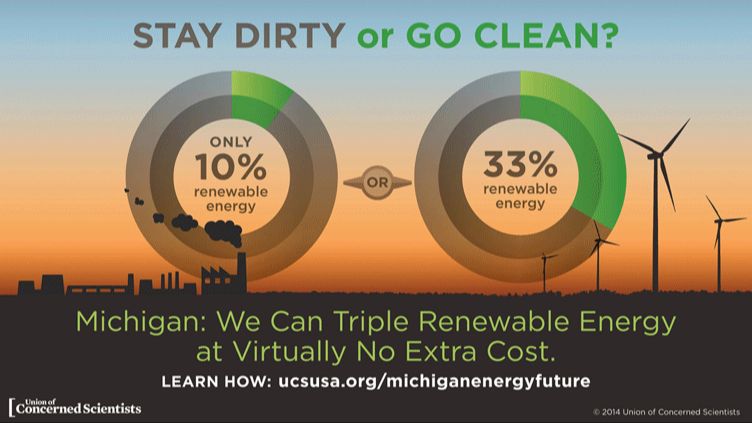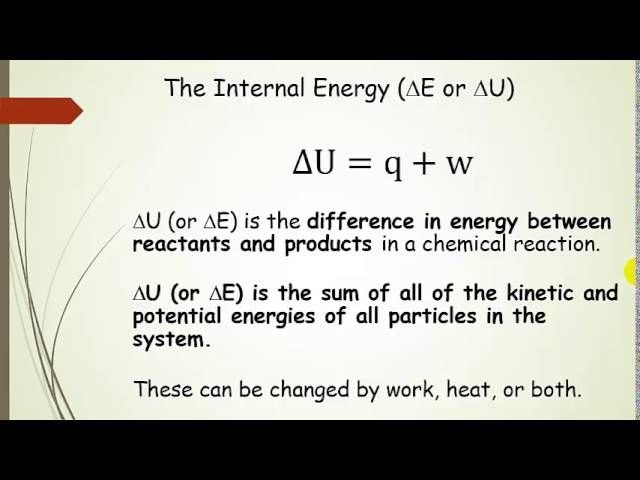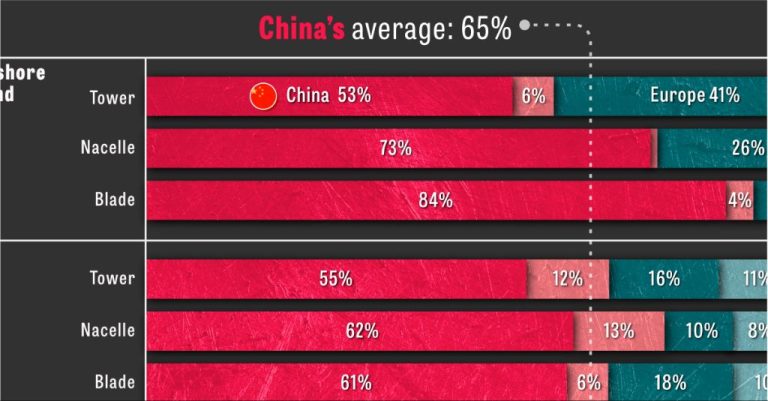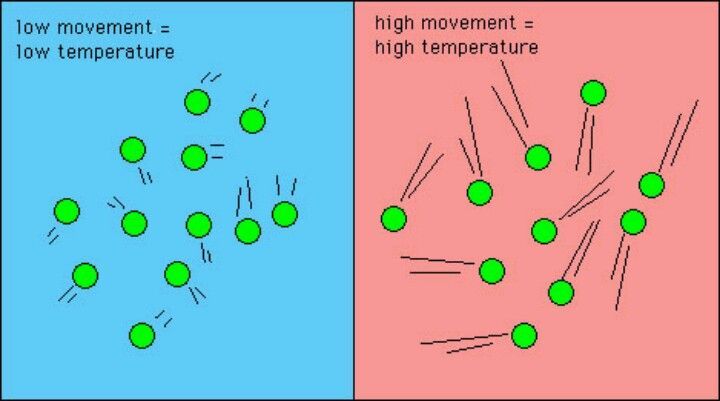How Much Do Renewable Energy Consultants Make In The Us?
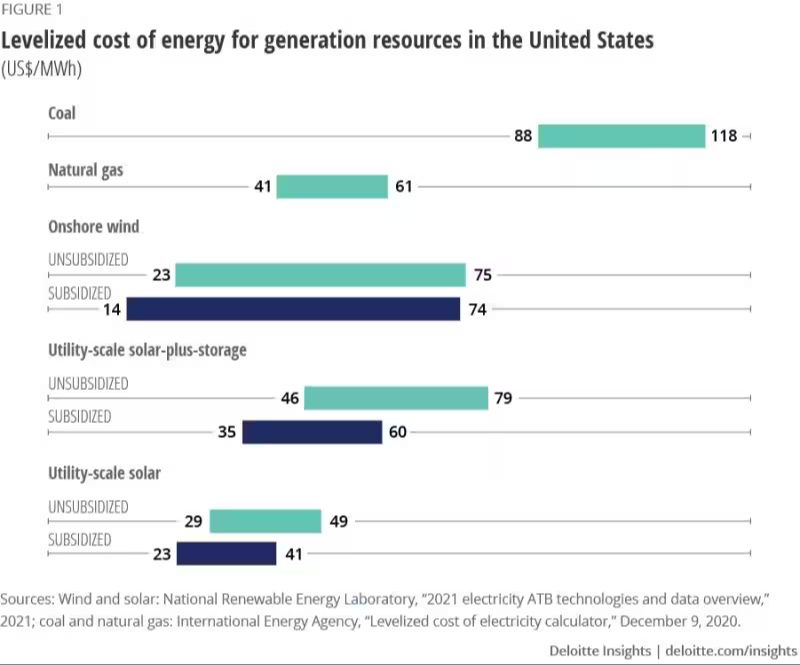
Renewable energy consultants are professionals who advise on the implementation and optimization of renewable energy systems and technologies like solar, wind, geothermal, and biomass (http://www.greencareers.biz/faq/what-is-a-renewable-energy-consultant/). They conduct technical reviews, maintain renewable energy systems, implement energy efficiency procedures, and help organizations and homeowners transition to clean energy (https://sigmaearth.com/what-does-a-renewable-energy-consultant-do/). Their role involves assessing the feasibility of renewable projects, designing and installing systems, securing permits and financing, monitoring performance, and ensuring compliance with regulations. Renewable consultants are essential for decarbonizing the energy system and building a sustainable future.
Typical Salaries
The average salary for a renewable energy consultant in the United States is $75,000 per year, but there is a wide range based on experience and location (Glassdoor, 2024).
Entry-level renewable energy consultants with 0-2 years of experience tend to make between $45,000 and $65,000 per year. Those at the mid-career level with 3-7 years of experience usually earn $65,000 to $90,000 annually. Experienced renewable energy consultants with 8 or more years under their belt typically make between $90,000 and $120,000 per year (Salary.com, 2024).
The top 10% of renewable energy consultants with significant expertise can make over $140,000 per year (ZipRecruiter, 2024). However, salaries at the high end are often seen in major metropolitan areas and for those in senior or management roles.
Factors Affecting Pay
There are several key factors that impact how much a renewable energy consultant earns in the US:
Experience level – According to Salary.com, renewables consultants with 1-4 years of experience earn an average of $58,466 while those with 5-9 years earn $72,310. More experienced consultants command higher salaries.
Education – Most positions require at least a bachelor’s degree in engineering, environmental science, or a related field. Those with a master’s degree tend to earn higher salaries.
Certification – Having certifications like LEED AP, Certified Energy Manager, or Certified Renewable Energy Professional can boost one’s salary potential.
Location – Salaries vary significantly by state and region. Major metropolitan areas on the coasts tend to pay the highest average salaries according to ZipRecruiter.
Highest Paying States
When it comes to the highest salaries for renewable energy consultants, certain states tend to pay more than others. According to Zippia’s salary database, the top 5 highest paying states for renewable energy consultants are:
- District of Columbia – The nation’s capital offers the highest average salary for renewable energy consultants at over $90,000 annually.
- California – Major cities like Los Angeles and San Francisco provide high incomes, with an average salary over $75,000.
- Washington – With its focus on green energy, Washington state offers renewable energy consultants an average pay over $70,000 per year.
- Massachusetts – This New England state has a strong renewable energy industry and pays consultants an average of $68,000.
- New York – The Big Apple and other metropolitan areas contribute to New York being a top paying state at over $67,000 annually.
These top 5 states tend to have the strongest job markets and pay the highest salaries for renewable energy consultants across the United States.
Industry and Job Outlook
The job outlook for renewable energy consultants is strong. According to the Bureau of Labor Statistics, employment of management analysts, including energy consultants, is projected to grow 14% from 2020 to 2030, much faster than the average for all occupations. This growth is driven by the increasing complexity of business operations and demand for greater efficiency and cost savings (https://vault.com/professions/energy-consultants).
Specifically for renewable energy consultants, the projected job growth rate from 2018-2028 is about 4%, according to Zippia. This amounts to approximately 63,300 new renewable energy consulting jobs over the next decade as demand for renewable energy continues to increase (https://www.zippia.com/energy-consultant-jobs/trends/). The overall outlook for the field is quite positive.
Career Advancement
Renewable energy consultants have several paths to advance to higher-paying roles and leadership positions. Many start in entry-level positions and work their way up within a company or firm (www.bls.gov). With experience, consultants can be promoted to senior consultant, lead consultant, project manager, or department manager. Some are able to advance to director, vice president, or partner levels. Taking on greater responsibility by managing teams and projects is a key way to increase salary.
Obtaining additional education and certifications can also open up higher-level opportunities. Many consultants earn MBAs or specialized master’s degrees to gain expertise in areas like analytics, project management, or finance. Obtaining the Certified Energy Manager (CEM) credential from the Association of Energy Engineers demonstrates advanced technical knowledge. Overall, renewable energy consultants with exceptional expertise and leadership skills can advance to salaries over $150,000 per year.
Education Requirements
To become a renewable energy consultant in the United States, most positions require at least a bachelor’s degree in a relevant field such as engineering, environmental science, physics, or business with a focus on energy. According to the Everglades University blog, “A bachelor’s degree in Renewable Energy Management is the ideal starting point for an aspiring renewable energy consultant.”
Some employers may prefer candidates with a master’s degree for higher level positions. Relevant master’s programs include sustainable energy, environmental management, business administration or public policy with a focus on energy. Advanced degrees in a specialized field like solar engineering may also be preferred by some firms.
In addition to formal education, renewable energy consultants need a strong background in science, technology, policy and business. Coursework in renewable energy sources, power generation, energy regulations, project management, economics, finance and communications are important. Gaining hands-on experience through internships is also highly recommended while pursuing a degree.
According to Unity College, enrolling in a STEM-focused high school curriculum is advisable for those interested in becoming renewable energy consultants later on. Participating in extracurriculars like the Science Olympiad or Environmental Club can also help develop relevant hard and soft skills.
Sources:
https://www.evergladesuniversity.edu/blog/how-can-i-become-a-renewable-energy-consultant/
Certifications
There are several major certifications that are useful for renewable energy consultants to obtain:
Certified Renewable Energy Professional (REP) – Offered by the Association of Energy Engineers, this certification covers solar, wind, geothermal and other renewable energy technologies. It demonstrates expertise in designing, developing, and managing renewable energy projects.
Certified Energy Manager (CEM) – Accredited by the Association of Energy Engineers, this certification focuses on best practices for energy efficiency, energy accounting, and management. It’s geared toward consultants and energy managers.
LEED Accredited Professional – Offered by the U.S. Green Building Council, this certification provides expertise in sustainable building design and LEED standards. It’s useful for consultants focused on green construction.
Obtaining one or more of these certifications can demonstrate a consultant’s expertise and differentiate them from competitors when marketing services.
Skills and Qualities
Some of the top skills and qualities that are essential for a successful renewable energy consultant career include:
Technical Skills – Renewable energy consultants need a strong background in engineering, physics, environmental science, or a related field, along with knowledge of renewable energy technologies like solar, wind, geothermal, biomass, and more (Source). Hands-on experience designing, installing, or maintaining renewable energy systems is a huge plus.
Analytical Skills – Strong analytical abilities are critical to evaluate energy use patterns, conduct feasibility studies, estimate costs and savings potential, model complex systems, and identify the most cost-effective solutions for clients (Source).
Communication Skills – Renewable energy consultants need to clearly explain technical concepts and recommendations to clients who may not have engineering backgrounds. Strong written and verbal communication skills are essential.
Business Acumen – Understanding project financing, investment analysis, contracts, and regulations in the energy industry allows consultants to develop strategies that are financially sound (Source).
Interpersonal Skills – Building relationships with clients and stakeholders is key. Consultants should be professional, responsive, and able to work collaboratively.
Conclusion
In summary, renewable energy consultants can expect to earn lucrative salaries in the range of $70,000 to $120,000 or more per year. Pay rates can vary widely based on location, qualifications, experience, and employer. The highest salaries tend to be found in states with strong renewable energy markets like California, New York and Massachusetts. Industry growth and technological advances are expected to drive continued demand and competitive wages for qualified professionals in this field. With the right combination of technical expertise, business acumen, and passion for sustainability, a career as a renewable energy consultant promises to be challenging, meaningful and financially-rewarding work for years to come.
To conclude, renewable energy consulting is an expanding field offering competitive compensation for those able to advise organizations on transitioning to clean energy sources. With robust job growth projected, it remains a promising career path. The future looks bright for talented consultants guiding us towards a more sustainable energy future.

